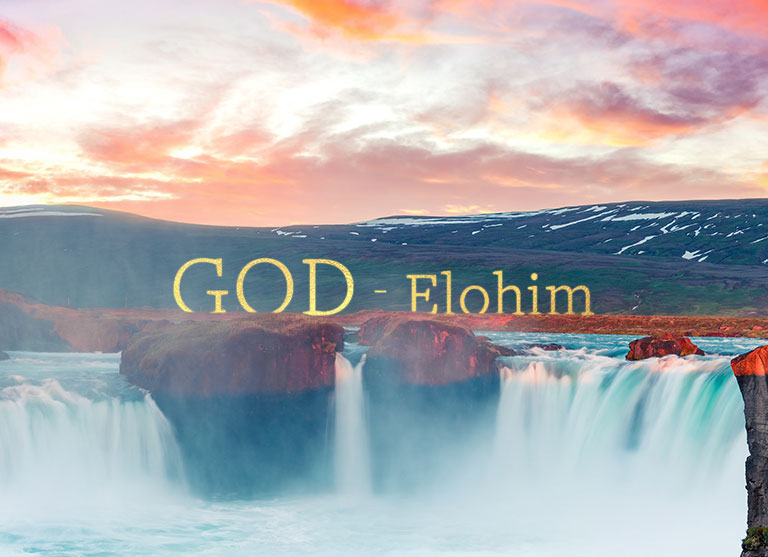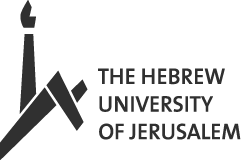
A name that is one and many
Hebrew reveals a deeper meaning of the Bible
-
“God” in Hebrew
The name most frequently used for the God of Israel in the Bible, Elohim, is an odd Hebrew word. It ends with the suffix “im” which denotes a masculine plural noun in Hebrew. So, does this mean that the ancient Hebrews worshipped multiple gods? Certainly not! The plural noun Elohim is always followed by a singular verb.
The first words of the Bible
Let’s look at the opening verse of the Bible, “In the beginning God created heaven and earth” (Gen. 1:1). In the original Hebrew, the text says, “Braysheet bara Elohim” (בְּרֵאשִׁית בָּרָא אֱלֹהִים). The subject of this verse, Elohim, seems to be plural based on the ending. But it agrees with the verb bara, which is singular. This seems to be a grammatical mistake. Could it be that the first three words of the Bible are erroneous? Impossible!
Hebrew reveals a divine mystery
This linguistic paradox is a wonderful expression of the complex majesty of the God of the Bible. He is simultaneously singular and manifold. Centuries later, the Christian tradition would develop the doctrine of the Trinity to express this same fusion of divine unity and plurality. This complex message can only be appreciated if you read the Bible in its original language: Hebrew. Enroll in our live online Biblical Hebrew course and understand the deeper meaning of the Bible.





